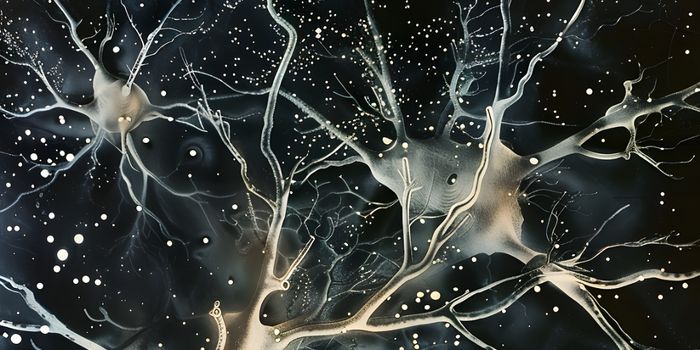Genes for a Common Enzyme Family Found in an Unusual Place
We share the world with tons of microorganisms, including viruses, which are some of the smallest organisms. It was once thought that although we didn’t know about every virus, we had a good idea of their general characteristics - they need a host to survive and tend to have some of the smallest genomes. But in the nineties, researchers began to discover giant viruses, which carried genes that were thought to be absent from viruses, such as those required for building proteins.
In recent years, giant viruses have turned up in many different environments, like in permafrost, and the world’s oceans. Now scientists at Woods Hole Oceanographic Institution (WHOI) and Swansea University Medical School have sought to learn more about the genes that giant viruses carry and whether these organisms have the potential to cause illness in people. Their findings have been reported in the Proceedings of the National Academy of Sciences (PNAS).
After assessing the genomes of 8,000 viruses, the research team found that many giant viruses that have been recently discovered are carrying genes for a type of common enzyme called cytochrome P450. These enzymes usually help build or break down molecules in cells, and it was a big surprise to find them in viruses.
"This is an extremely interesting finding," said the senior author of the work John Stegeman, a biologist and the director of the Woods Hole Center for Oceans and Human Health at WHOI. "In animals, P450 enzymes metabolize drugs, make steroid hormones, and defend against pollutants. We have yet to find out what they are doing in these viruses, but for sure they are unique, unlike P450s in any other organism."
P450 enzymes are critical to metabolism in people, and this discovery may help us learn more about how they function in us, other organisms, and the environment. It could provide insight into how these viruses evolved as well, which is fiercely debated, added Stegeman.
"We know some giant viruses may be linked to some forms of pneumonia, so gaining a better understanding of them will help us to develop ways of tackling those viruses," noted the led author of the study David Lamb of Swansea University Medical School in Wales.
"The P450s could represent drug targets for giant viruses thought to contribute to some pneumonias," said Stegeman.
Learn more about giant ocean viruses from the video.
Sources: AAAS/Eurekalert! via Woods Hole Oceanographic Institution, PNAS









